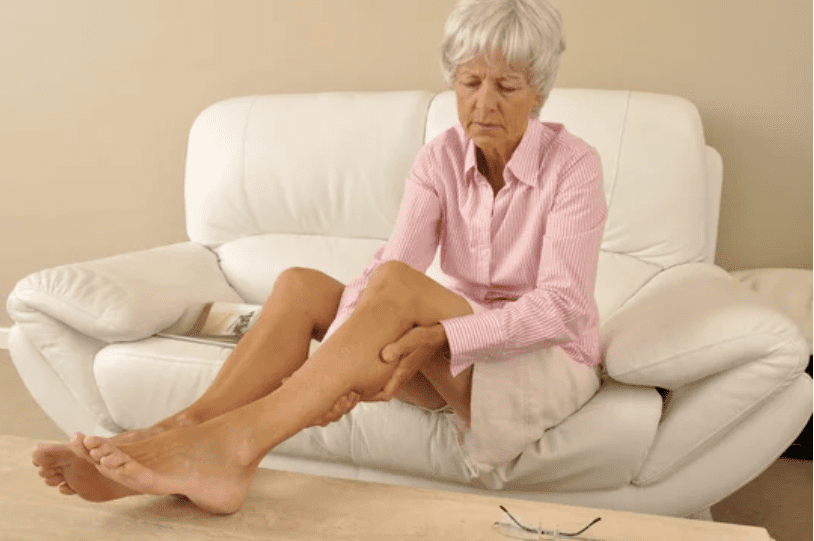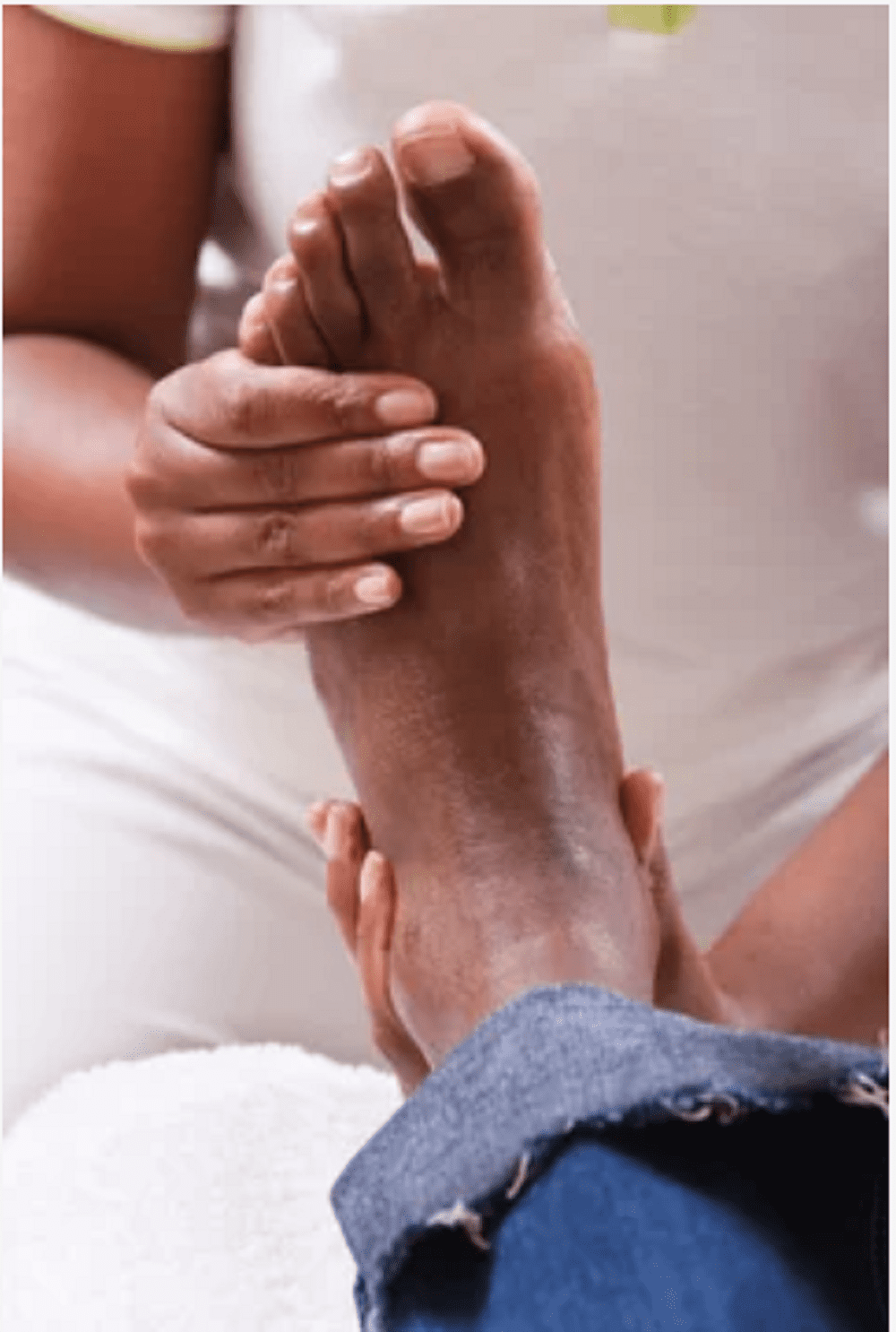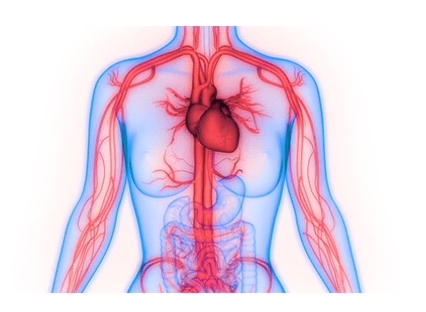
Can leg cramps be a sign of something serious?

Leg cramps or spams are one-time events that generally occur as a result of overworking a certain muscle. Even while the cramps are unpleasant, they are not harmful. Muscle cramps/leg cramps, on the other hand, might indicate a serious condition in some circumstances, therefore it's critical to know the difference between a harmless cramp and a life-threatening one.
Cramp Fasciculation Syndrome, or CFS. Cramp Fasciculation Syndrome (CFS) is a peripheral neuropathy characterized by hyperexcitability of the peripheral nerve system. Unwanted muscular cramps and fasciculation are symptoms of this illness. You may also feel additional symptoms, such as a burning sensation or numbness, which are both symptomatic of a neuropathy condition.
End-stage renal or kidney disease. Leg cramps, particularly in the calf regions, are common in people with end-stage kidney or renal illness, especially those who are receiving dialysis. Leg cramps can strike at any moment, whether at home or during dialysis. Cramps are linked to depression and sleep difficulties in this scenario, resulting in a decrease in quality of life.
Cirrhosis. Leg cramps in Cirrhosis patients occur in a variety of locations, including the thighs, cervical region, toes, calves, fingers, and abdominal muscles. Crampings, on the other hand, may affect different parts of the body in this scenario.
By running the same distance, you can detect key leg cramps symptoms that indicate severe health problems. If you often go for lengthy runs and get cramp from jogging the same distance each time, it might be a sign of a health problem. It's known as compartment syndrome, and it affects people whose muscles in a certain location don't have enough room to support the sort of activity they're doing. When we exercise, our bodily muscles require more blood, which causes our blood vessels to widen. We don't have enough area for blood vessels to expand when the muscle compartment is too tight, resulting in leg spasms or cramps.
Discoloration, redness, or swelling of the skin. If you observe discolouration, swelling, or redness on your skin, as well as muscular cramps, these might be indicators of a blood clot. When a blood clot remains in its proper location, it poses no hazard. However, if the clot breaks off, you're more likely to have a heart attack or a stroke. Cramps and excruciating pain. If your muscular spasms are interfering with your regular activities, you should consider it a serious concern. Leg cramps, in most situations, cause you to feel agony, curl your toes, and persist for roughly 10 minutes. However, if you see anything different than the above, it might be a sign of anything more serious.
Inadequate blood flow to the particular muscle, ovarian bulk, or pinched nerve are all possible reasons of severe muscular cramps.
Nausea, vomiting, and fever If you're experiencing leg cramps along with other symptoms like vomiting, fever, or nausea, it's possible that you're suffering from food poisoning or dehydration. As a result, you should ensure that you eat nutritious and clean meals while also exercising often. Your legs are tingling and burning. Because of your herniated disk condition, you may have tingling and burning sensations in your legs as well as muscular cramps. Muscle relaxants and anti-inflammatory medications, on the other hand, may help you overcome this difficulty.
We are just a call or click away. To learn more, book an appointment online or over the phone with PeachState Advanced Cardiac & Endovascular. We have several locations in Georgia: Newnan, Atlanta, & Griffin.
You Might Also Enjoy...


Should I be worried about my numb feet?

Meet Dr. Odiete - PACE Cardiovascular Specilaist

Keeping your Vascular System Healthy

It is time to see a Doctor about your veins


